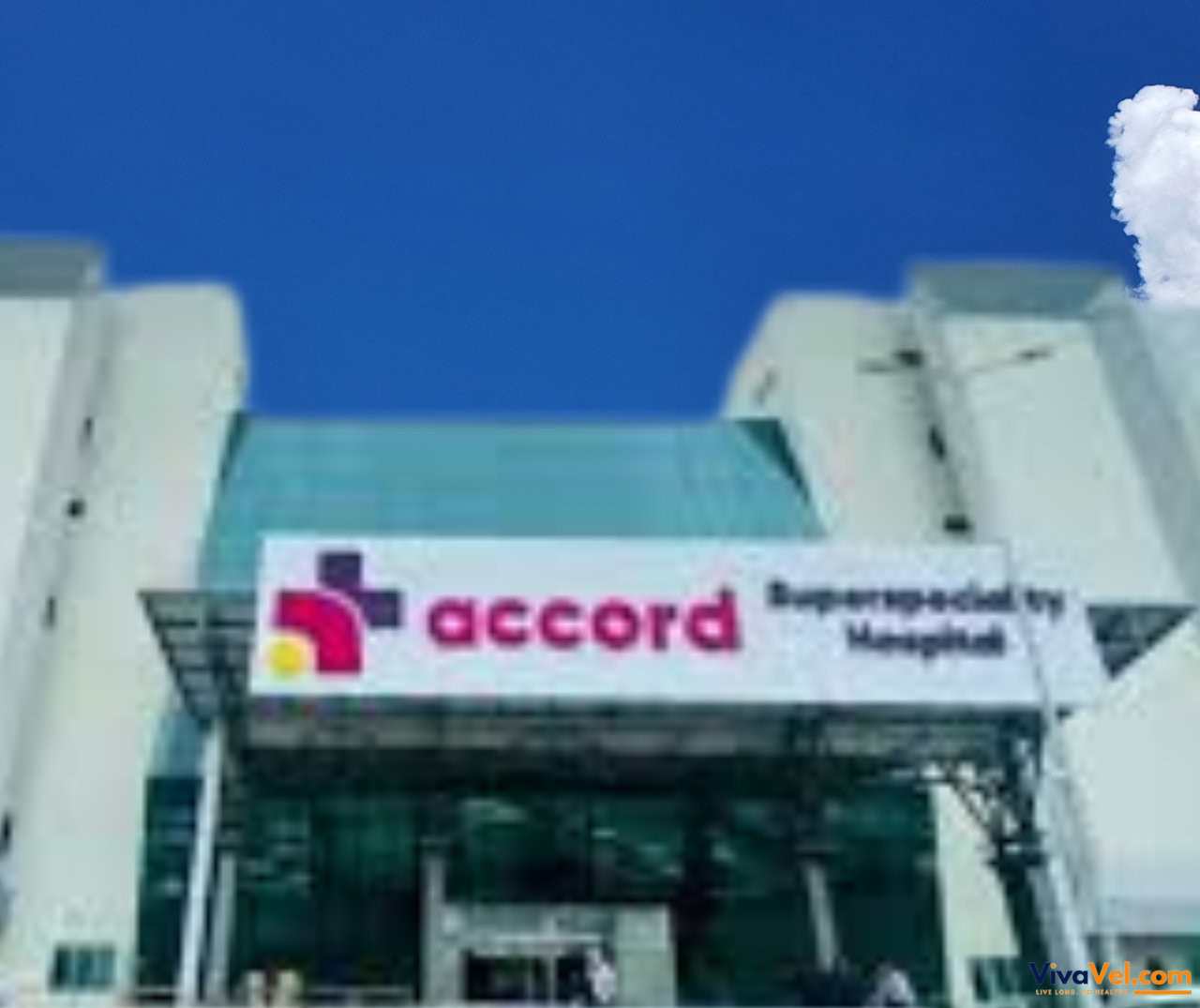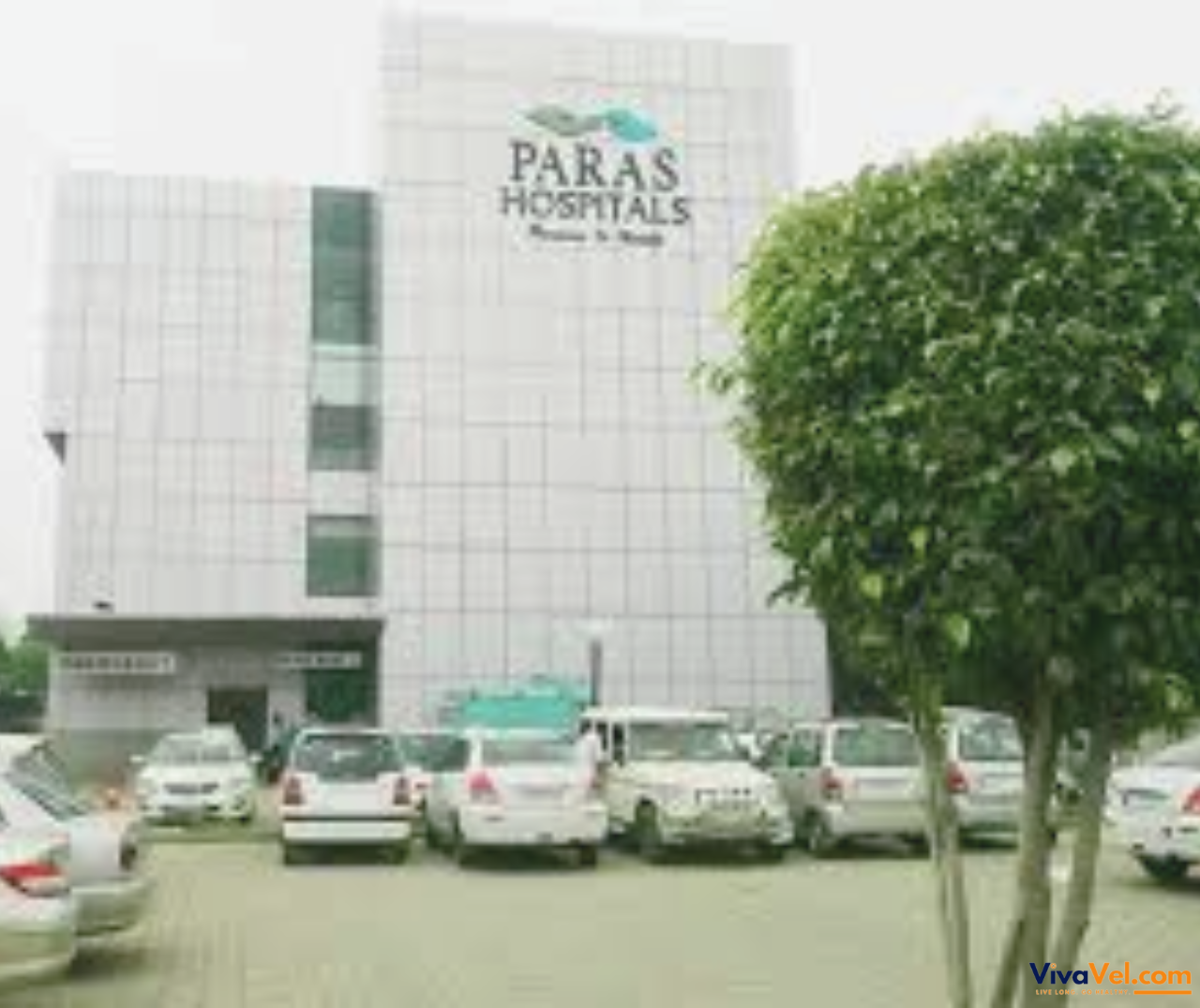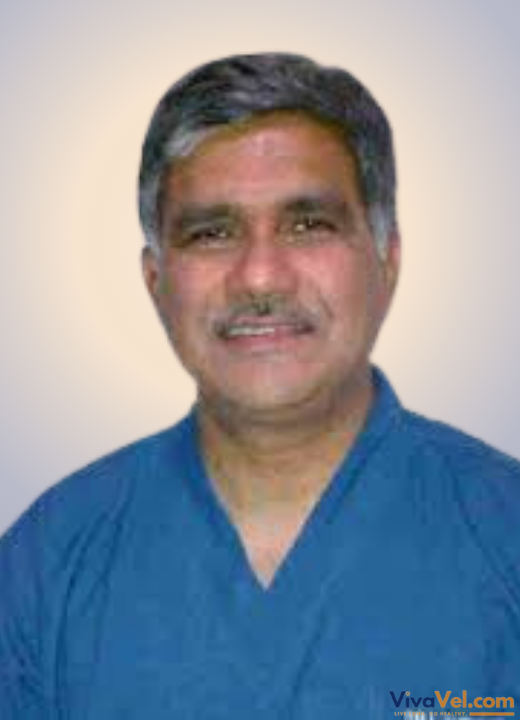info@vivavel.com
+919818262686
+919818262686
 info@vivavel.com
info@vivavel.com +919818262686
+919818262686A slipped disc, also known as a herniated or ruptured disc, occurs when the soft center of a spinal disc pushes through a tear in its tough outer layer. This condition can lead to pain because the protruding material presses on nearby nerves. Depending on the location of the slipped disc, you may experience sharp pain, numbness, or weakness in your back, legs, or arms. Activities such as heavy lifting, twisting, or prolonged sitting can contribute to a slipped disc. Aging also plays a role, as discs can wear down over time.
Symptoms can vary from person to person; some individuals may experience intense pain, while others may feel only mild discomfort. If you suspect you have a slipped disc, it is essential to consult a doctor. They may recommend treatments such as physical therapy, medication, or, in severe cases, surgery.
To help prevent this condition, stay active, maintain a healthy weight, and practice good posture. Always listen to your body and avoid movements that cause pain. Taking care of your spine is essential for overall health.
 Common signs and symptoms of a slipped disc include:
Common signs and symptoms of a slipped disc include:
Pain: Often severe and localized to the lower back, neck, or affected limb.
Numbness or tingling: Sensations may radiate down the legs or arms, depending on the location of the slipped disc.
Muscle weakness: Difficulty moving specific muscles or controlling the affected limb.
Pain that worsens with specific movements: Activities such as bending, lifting, or coughing can exacerbate the pain.
Limited range of motion: Trouble bending or twisting the back.
Note: Symptoms can vary depending on the location and severity of the injury.

 Slip discs can happen for several reasons, including:
Slip discs can happen for several reasons, including:
Aging: Discs naturally degenerate and become less flexible over time.
Injury: Sudden injuries from lifting heavy objects, falls, or accidents can cause a slip and fall.
Repetitive stress: Repeated heavy lifting or awkward movements may lead to wear and tear.
Genetics: A family history of disc problems can increase the risk of developing these issues.
Obesity: Extra weight puts more stress on the spine.
 Seek medical help if you experience:
Seek medical help if you experience:
Severe back pain that does not improve with rest or over-the-counter medications.
Numbness or weakness in the legs or arms.
Loss of bladder or bowel control (a sign of cauda equina syndrome, a medical emergency).
Pain that spreads down one leg (sciatica).
 To diagnose a slipped disc, doctors may use:
To diagnose a slipped disc, doctors may use:
Physical examination: checking reflexes, strength, and sensory response.
Imaging tests:
MRI: provides detailed images of soft tissues, including discs.
CT scan: useful for viewing bone structures and herniation.
X-rays: can rule out other conditions, but do not show soft tissues like discs.
 Do's:
Do's:
Follow medical advice: Stick to your treatment plan and attend therapy sessions.
Stay active: Engage in gentle exercises as recommended by your doctor or therapist.
Maintain good posture by using ergonomic furniture and practicing proper lifting techniques.
Heat/cold therapy: Apply as needed to help manage pain and inflammation.
Eat a healthy diet: Maintaining a healthy weight reduces stress on the spine.
 Don'ts:
Don'ts:
Avoid heavy lifting: Refrain from activities that can strain your back.
Don't remain inactive for too long: Prolonged bed rest can worsen symptoms.
Don't ignore pain: Contact your healthcare provider if symptoms worsen or change.
Avoid smoking: It can hinder healing and exacerbate back problems.
Disclaimer:
Our medical content authors have diligently gathered and synthesized information on this topic to offer valuable insights to our readers. Drawing from a range of reputable medical journals and health resources, this content aims to enhance understanding of the subject. It's essential to remember that while this information is informative, it should not replace personalized consultation or treatment from a qualified healthcare professional. For further details, please refer to our Editorial Policy.
For this topic, our authors used some of the following resources:
emedicinehealth | Slipped Disc (Herniated Disc)
healthline | Slipped (Herniated) Disc
Patient.info | Slipped Disc: Symptoms, Causes and Treatment
Synapse | Understanding Slipped Disc: Causes, Symptoms, and Treatment Options
HSS | 6 Things to Know about Slipped Discs in the Lower Back





![]() Pusa Road, Radha Soami Satsang, Rajendra Place New Delhi, 110005 India
Pusa Road, Radha Soami Satsang, Rajendra Place New Delhi, 110005 India



![]() Budena Village, Sector 86, Faridabad, Haryana 121002, India
Budena Village, Sector 86, Faridabad, Haryana 121002, India



![]() C-1, Sushant Lok- 1, Sector-43, Phase- I, Gurugram, Haryana, 122002
C-1, Sushant Lok- 1, Sector-43, Phase- I, Gurugram, Haryana, 122002




![]() Lot 2, Jalan Baung 17/22, Seksyen 17, 40200 Shah Alam, Selangor Kuala Lumpur, 40200 (Malaysia)
Lot 2, Jalan Baung 17/22, Seksyen 17, 40200 Shah Alam, Selangor Kuala Lumpur, 40200 (Malaysia)


Dr. (Prof.) Rohit Gupta is a well-known neurologist in Faridabad, Haryana, India, with over 17 years of experience in clinical neurology. He achieved academic success...

Dr. Sandeep Ghosh is a highly regarded consultant neurologist, currently practicing at the esteemed Neurosciences Department of Accord Superspeciality Hospital in Faridabad, ...

Dr. Vikram Dua is one of India's top neuro and spine surgeons. With over 26 years of experience, he has performed over 10,000 surgeries, with a success rate excee...

Dr. LN Tripathy is a highly esteemed neurosurgeon with an impressive 31-year career. Since April 2010, he has been the Director of the Medica Institute of Neurologica...

Dr. Anish Kumar is a highly experienced medical professional with over 21 years of experience, including more than 11 years dedicated to neurology. He is currently a ...

Dr. Kaushik Sen is a highly esteemed senior consultant neurologist with over 18 years of post-DM experience in neurology. He holds a gold medal in MBBS, an MD i...
Treatment Plan & Cost within 2 days
